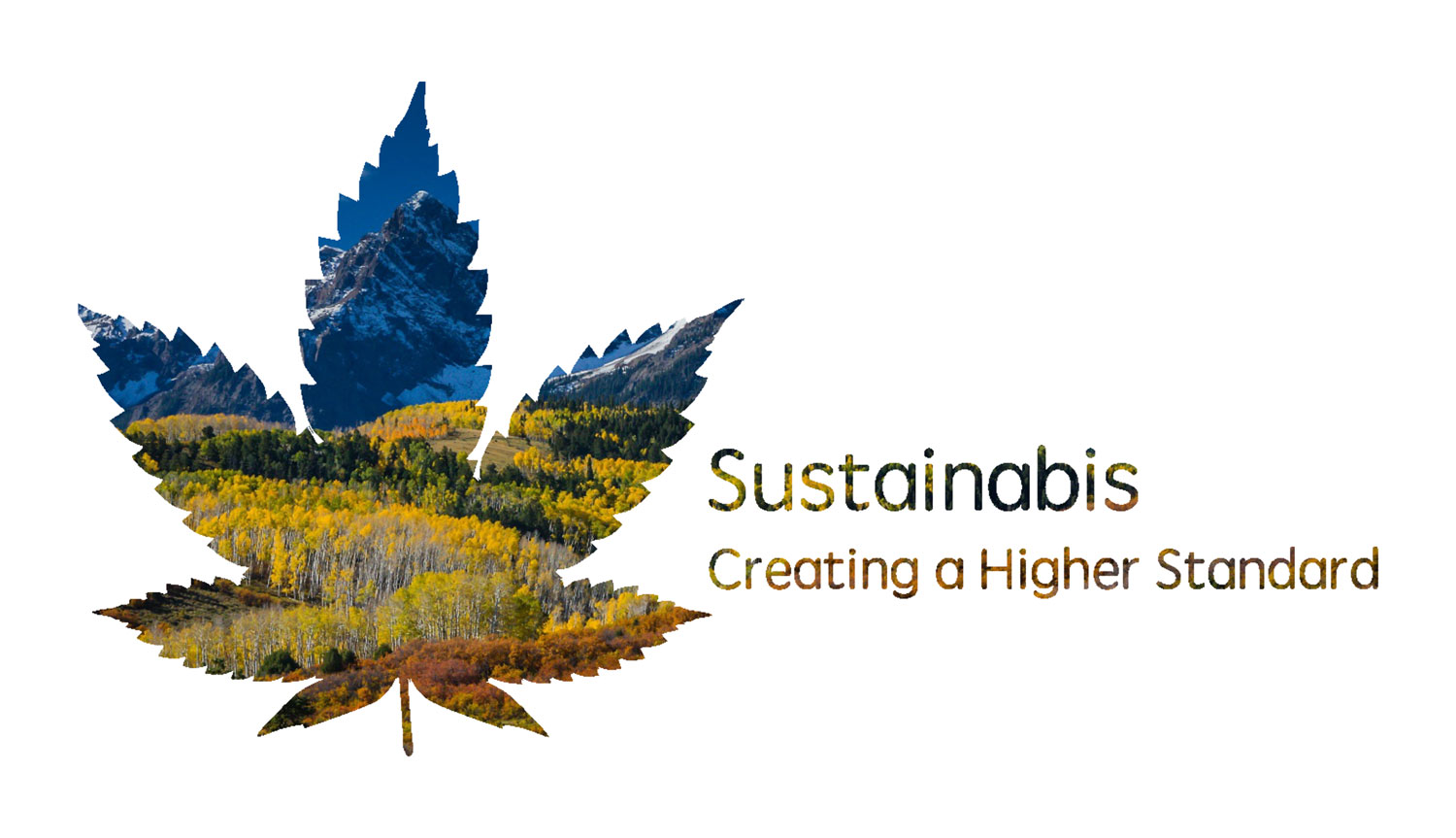Cannabis and Corporate Social Responsibility: Support Your Community, Do Good, and Impact the Conversation
Guest Contributor: Hybrid Marketing Co.

Change hearts and minds.
As support for legal cannabis grows and the legalized markets continue to develop, many communities have come to understand the value of our favorite plant and appreciate the tax dollars that are funneled back into areas and programs that need a revenue boost. Nevertheless, the stigma persists! But the more often community members see cannabis companies and employees volunteering and improving our city, the quicker that stigma will melt away.
Give your business it's why.
Entrepreneurs in the cannabis industry have a variety of reasons for starting cannabis companies. Of course, at some level we are all motivated by profit. After all, it IS a business!
But consider how a healthy CSR program can give your business a why that transcends profit. Other than making money, why does your business exist? What kind of benefit do you or can you provide the community? Sometimes these questions can be difficult to answer, but a CSR program can give clarity to both you AND your employees.
Appeal to a younger demographic.
Did you know that millennials control around $200 billion in buying power? If you don’t recognize the importance of that statistic, consider that millennials are 73% more likely to purchase a product that benefits the environment or society in general, (when given the opportunity). Regardless of the lazy millennial stereotype, young people care and they vote with their money. They want to support ethical businesses. They will be more likely to buy from you, but they’ll also feel better about doing it, even if that means they spent more than they would have with one of your competitors.
Make your employees happy!
Data backs it up: employees are happier and feel more fulfilled in the workplace when they know their company has a purpose beyond profit. And happy employees work harder, are proud of their work, and stick around longer. (Wouldn’t it be nice to have some more stability in your staff, especially in the traditionally high-turnover positions?) Fulfilled employees will also be evangelists for your business and encourage family, friends, and even strangers to patronize your dispensary or try your products.
Differentiate yourself from the competition.
How do you make your business stand out when you and your competitors sell similar (or the same) products at comparable pricing? A healthy CSR program will give consumers another reason to purchase products from you rather than your competition (like we mentioned, it’s your why!) It’s an excellent tool your cannabis business can use to stand out from the pack.
Doing good is the right thing to do!
Our industry is still young, and those of us currently involved are defining it as we go. It's up to us to make sure the cannabis industry is a force for good! And ultimately, authenticity is the only way to make that work. We should all be doing it because it's the right thing to do - it’s that simple!
Hybrid Marketing Co is a cannabis marketing agency based in Denver. Get in touch or learn more at HybridMarketingCo.com.
The Business Case for Sustainability
Guest Contributor Jake Mitchell, President and Founder of Sustainabis
What is Sustainablity?
We all know protecting the environment is a good thing to do, we all know that it is an important thing to do. So why does it so often get overlooked when making business decisions? Many believe it is simply a matter of perspective, which is why the term Sustainability became more popular in recent years than environmentalism. Sustainability is the application of environmental ideals applied and a realistic in practical sense. By its definition, sustainability means: “the greatest amount of resources, for the greatest amount of people, for the longest time possible.”
Although a short definition, the term means so much more. It means thinking in a cyclical fashion, it means building systems which allow us to work in tandem with the environment, it means social equity and justice, and as we will discuss in this article it means economic prosperity. The business case for sustainability shows that not only is it a good societal cause but also a good one for business success and longevity.
Why Businesses Should Care: The Facts
Companies built on a passion for sustainability reduce the need for resources and associated costs and positions themselves in a class of companies that on average outperforms their less sustainable competitors. "High Sustainability" companies catalogued on the Dow Jones Sustainability Index have an average of 4.8% higher returns on assets and equity than their peers.
University of Oxford and Arabesque reviewed the academic studies on sustainability and corporate performance and found that 90% of 200 studies conclude that good Environmental and Social (ES) standards lower the cost of capital; 88% show that good ES practices result in better operational performance; and 80% show that stock price performance is positively correlated with good sustainability practices. Sustainable companies also have improved risk management and as McKinsey reports that value compromised by sustainability concerns may be as high as 70% of earnings before interest, taxes, depreciation, and amortization. These risks are particularly important to cannabis as an agricultural product because environmental risks take precedence due to their systematic effect on growing and resource related usage (increased HVAC and humidity requirements, increased water demand, and increased energy costs).
Businesses with robust sustainability programs increase employee morale by an average 55% over less sustainable peers and increased employee loyalty by 37% according to the Society for Human Resource Management. Companies that developed environmental standards have seen a 16% increase in productivity.
A company with sustainability integrated into their strategic plan is better positioned to create a dialogue with stakeholders and therefore be more consistently able to anticipate and react to social, environmental, economic, and regulatory changes as they arise. Having a robust sustainability integration in a companies strategy also opens opportunities for long term investment returns and compound savings over time. Something extremely important in the cannabis industry with such sporadic and rapidly changing regulations.
All of these potential benefits from sustainability depend on the base of any company: the customer. Proper marketing of a company’s "story" and "method" is a crucial element in developing a dedicated customer base. 82% of customers in emerging markets believe that they “have a responsibility to purchase products that are good for the environment and society”. Since cannabis is an emerging market this holds especially strong for our industry.
One of the largest examples of this success in marketing is Patagonia and their strategy to "walk the walk" when it comes to sustainable practices and social responsibility. Despite a somewhat alternative approach to business, Patagonia's revenue has continued to increase from $380 million in 2011 to a staggering $750 million in 2017. This is due to a consumer base with loyalty and admiration for a brand.
So next time you consider pitching a sustainable idea to your manager or make a decision to move your company in a more sustainable direction remember, you are not just doing it for the environment but for the business as well. If cannabis can begin doing this now, we can cement this industry as not only a revolutionary one but also as a sustainable one.

